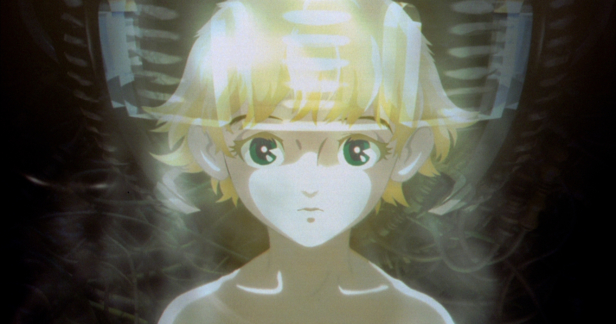Not to be mistaken for Fritz Lang’s expressionist 1927 classic (although this version is based on the 1949 anime that was inspired by the original Metropolis), Osamu Tezuka’s memorable 2001 hit is available once again on Blu-ray.
The similarities with this and Lang’s masterpiece are obvious: Duke Red is a more malevolent Fredersen, Dr Laughton this world’s Rotwang, the carefree Kenichi and psychotic Rock two sides of the same Frederson coin, and Tima an ersatz Maria, far more innocent and ultimately more vulnerable than her inspiration.
The setting seems more advanced too: while this Metropolis is also an intimidating behemoth of classic architecture and foreboding skyscrapers, this world is more like a Nineteen Eighty-Four prototype, its citizens unleashing their two minutes of hate against the robot population.
The story itself is more Akira than cinema noir though, as Rock pursues Tima and Kenichi through the city, obsessed with preserving his fragile birthright as Metropolis’s heir apparent. While he wears his heart (or what’s left of it) on his sleeve, the strength of the screenplay is mainly in what’s not said. Mining the anime form for possibilities, you could be forgiven for not realising they existed.
Director Rintaro wields his camera with a carefree zest, constantly conscious of the scale of the setting, and never letting the viewer forget it. All the while, the New Orleans jazz-style soundtrack jarringly grounds the story in reality, if not a specific period – thus a sense of timelessness is achieved.
While this isn’t as accessible as Tezuka’s other works, his reverence for all life – artificial or otherwise – that is at the forefront of works like Astro Boy and Star System is apparent, and help keep us engaged during all the goings-on, building all the way up to the city-shattering ending.
Essentially, think of this as Fritz Lang for beginners – which is in no way a bad thing.
